Fall of "colour revolutions" sponsor Soros under fire
Recently, half a dozen prosecutors in the United States were ordered by the Department of Justice to investigate the activities of George Soros and his organisations. Over the past forty years, this billionaire has played a key role in promoting a pseudo-liberal ideology that often masked plain imperialism. His funds have been used to destabilise entire countries, which is why Soros’s foundations have faced restrictions in numerous non-Western states, including Azerbaijan.
Yet, as long as these activities did not affect the West itself, Western objections were ignored and the evidence dismissed as fabricated. After perfecting the methods of illegal political interference abroad, Soros brought them into Western politics. And now Trump is speaking out about what the non-Western world has long known — that Soros’s “charitable” money has, to put it mildly, a questionable relationship with democracy and human rights.
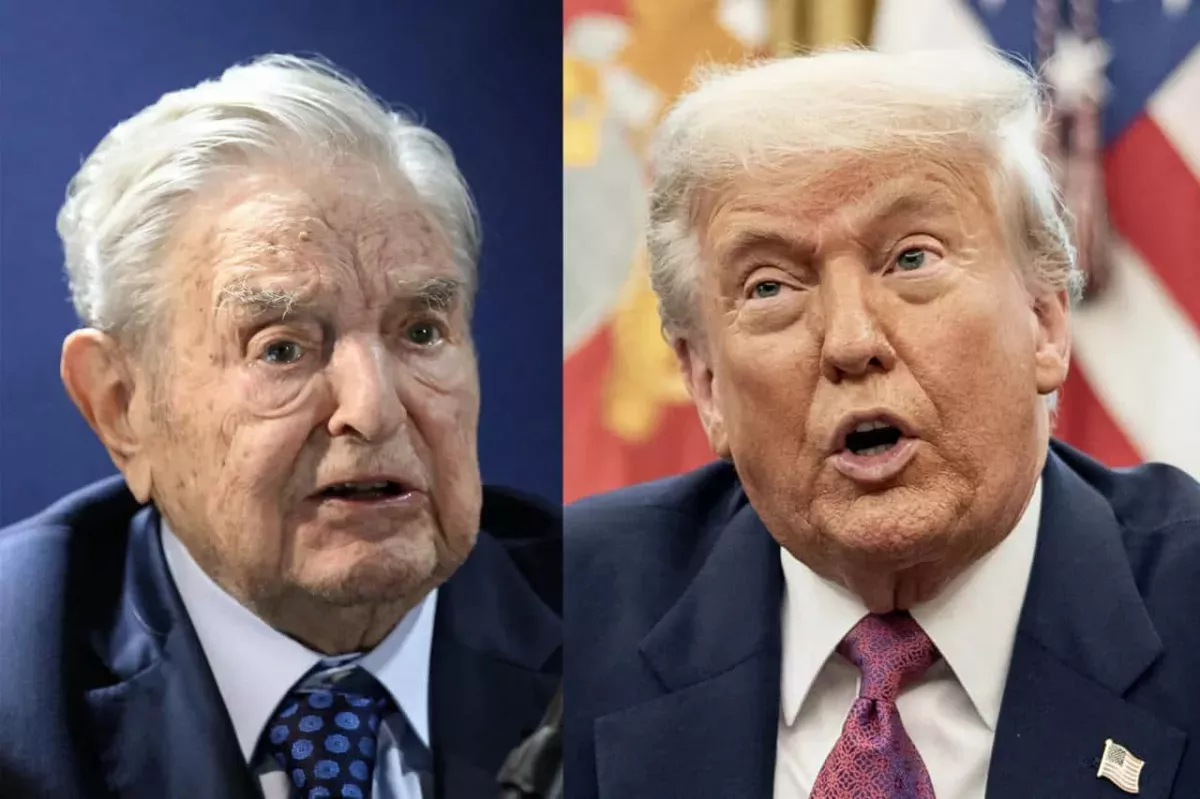
Soros funds domestic political confrontation in the U.S.
The White House’s recent strong reaction to Soros’s activities is linked to a recent scandal. In mid-September, Soros donated $10 million to the governor of California to redraw the state’s electoral districts in favour of the opposition Democratic Party.
Governor Gavin Newsom urgently needed to raise sufficient funds to launch the corresponding political campaign, and Soros provided the decisive amount. This became the last straw for Republicans, who had long noted that Soros’s money funds various left-liberal Democratic campaigns. For example, he contributed $2 million to secure the election of a Democrat-friendly judge to the Wisconsin Supreme Court. The campaign was unprecedented in both the size of the “donations” injected and the external efforts from outside the state to influence the election outcome.
Soros is also rumoured to have supported Manhattan District Attorney Alvin Bragg, who pursued cases against Trump to hinder his reelection. In other words, Soros’s manipulations were being discussed even before Trump’s reelection campaign began.
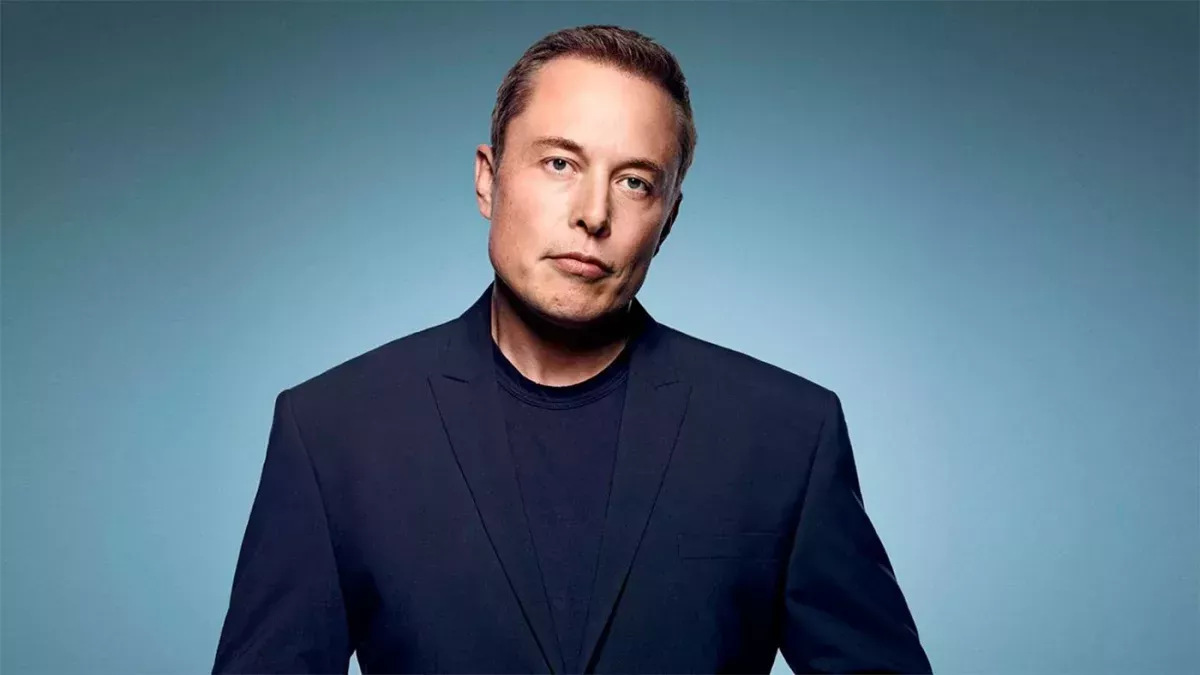
Trump had long maintained distance from the issue. However, in August, he posted on social media: “Soros, and his group of psychopaths, have caused great damage to our Country! That includes his Crazy, West Coast friends [referring to California].” Even Elon Musk, who occasionally criticises Trump, supported the post, writing: “High time action was taken against Soros directly.”
Shortly afterward, Trump clarified: “George Soros, and his wonderful Radical Left son, should be charged with RICO because of their support of Violent Protests, and much more, all throughout the United States of America.” Currently, serious criminal cases are being formed against Soros and his organisations.
From election manipulations to violence
This reaction to Soros’s activities stems from the growing seriousness of the problem. The California opposition campaign, fuelled by Soros’s money, openly aims to counter the Republican Party’s efforts to correct gerrymandering in other states, particularly Texas.
Republicans argue that gerrymandering has distorted voter representation in favour of the Democratic Party. When Democrats responded by redrawing districts in California, it set the stage for a dangerous escalation nationwide. The political confrontation had already reached a notable level: President Trump has repeatedly deployed the military and other security forces to restore order in territories controlled by his opponents. In Los Angeles, California, for instance, both the National Guard and the Marine Corps were involved in managing protesters.
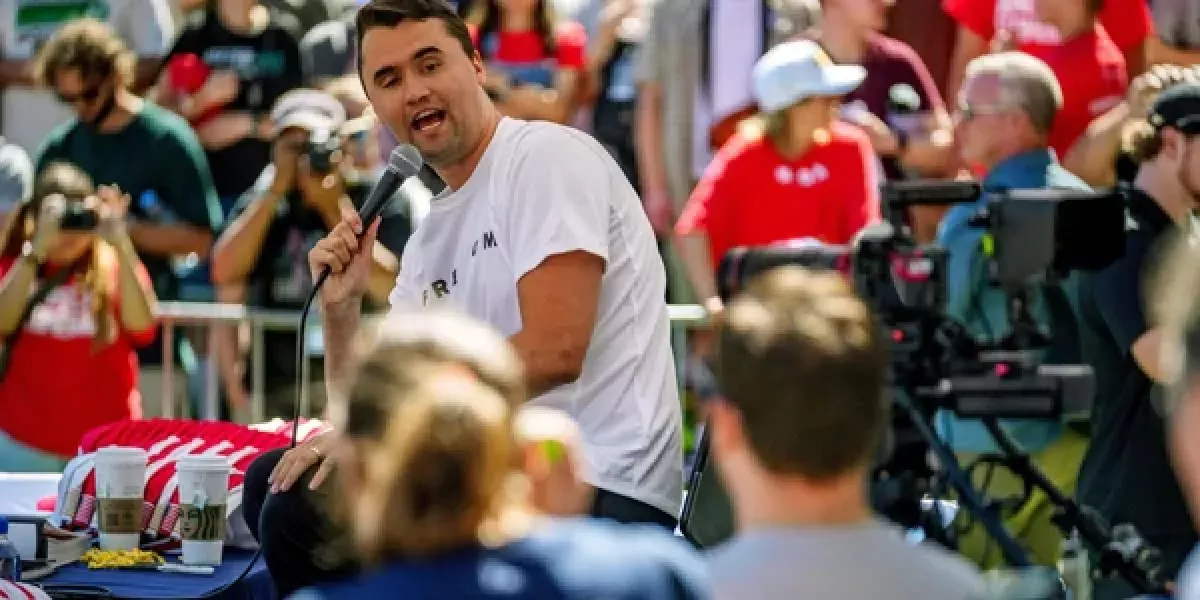
On September 13, when conservative activist and prominent Trump ally Charlie Kirk was killed, it became clear that the political tensions were having serious consequences. At the time, the American leader called for unity and stressed not only the provocative actions of the opposition but also the need to investigate George Soros’s activities in this context.
It appeared that Trump held Soros responsible for the growing division in the country and the climate of hatred that was fueling political violence. On television, he stated: “He is a bad guy; he should be put in jail,” emphasising his outrage over the support Soros provides to organisations behind violent actions across the U.S.
Soros has abundant resources to intervene in politics. His “Open Society” charitable foundation controls $25 billion. Despite its charitable label, the foundation has long engaged in radical political manoeuvres, supporting liberal elites worldwide. In 2022, the 95-year-old Soros transferred the management of the foundation to his son Alex, but in practice, he continues to be actively involved.
Soros is not just rich; he became and remained wealthy through a close alliance with liberal elites. By integrating into their global plans, he could carry out financial manoeuvres that would have been fatal otherwise. Consider, for example, his speculative operation in the 1990s with the British pound, when his manipulations caused massive currency fluctuations, earning him over a billion dollars in a single day. As CNN commentators Phil Mattingly and Jeremy Herb noted, “the move brought the Bank of England to its knees and had ramifications that rippled through the British political economy for years.” In the wake of scandals involving smaller sums, Vatican bankers sometimes accidentally ingested cyanide-laced coffee, like Michele Sindona, or ended up hanged under London Bridge, like Roberto Calvi. Clearly, Soros’s “business” requires access to power and close collaboration with it.
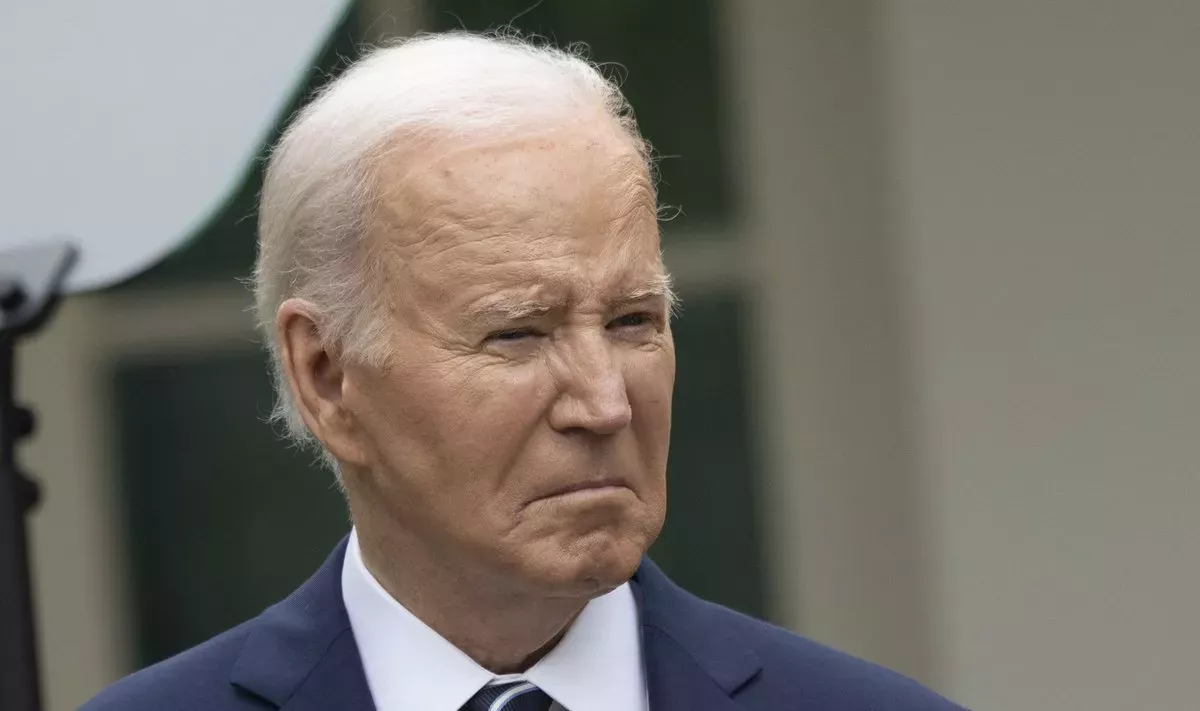
Soros achieved this through his alignment with left-liberal elites. Former President Joe Biden even awarded him the Presidential Medal of Freedom in recognition of his contributions to “progressive and democratic causes.” The Soroses became the largest sponsors of Kamala Harris’s presidential campaign, which sought to prevent Trump’s reelection. Senior Soros not only provided basic financial support to U.S. liberal elite projects but also maintained close ties to their inner circle—for instance, marrying his son Alex to Huma Abedin, a longtime aide to Democratic leader Hillary Clinton. Huma was deeply involved in key Democratic decisions for years. Journalists have also noted that several of her close relatives were members of the Muslim Brotherhood, raising questions about her possible connections to that network—highlighting the colourful alliances surrounding Soros’s activities.
Origins: Soros tested his methods in Azerbaijan
For the West, the consequences have come back as a boomerang. For years, Western liberal elites encouraged Soros’s activities abroad. It was there that his methods of combining election manipulation with destabilising protest actions were first refined. It began with the velvet and colour revolutions in Eastern Europe and Asia, but over the last two decades, Soros’s organisations have started applying these operations within countries of the Western bloc itself—first secondary targets, and now the primary ones.
For decades, Soros-backed structures have undermined authentic political landscapes in numerous countries, co-opting and corrupting talented politicians, journalists, and intellectuals. For mere pittance, these individuals were forced into the restrictive framework of pseudo-liberal dogma, while political coalitions and backroom deals were orchestrated to destabilise societies and states.
In recent years, as the global liberal project has faltered, even forces that cannot easily be accused of working for the Western liberal bloc’s opponents have begun to view Soros’s networks and their protégés—the so-called “Sorosites”—critically.
For example, as early as the late 2010s, the destructive activities of the “Sorosites” were being reported by Ukrainian media aligned with then pro-Western President Petro Poroshenko, as well as by many pro-Western members of the Verkhovna Rada.
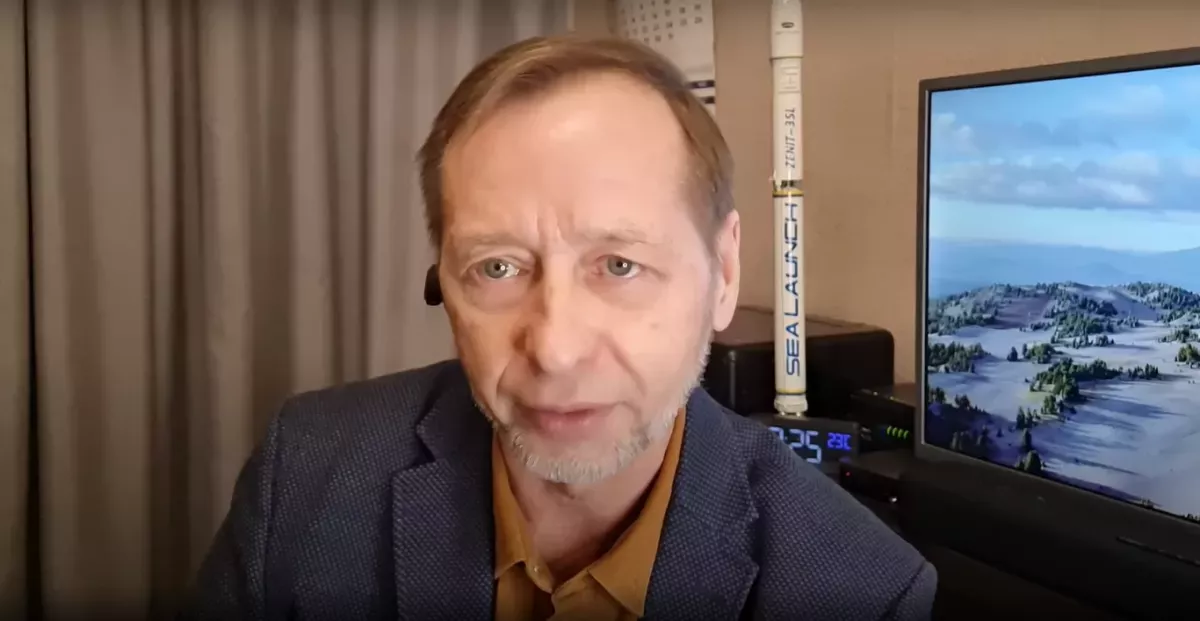
Political consultant Alexander Kochetkov, associated with pro-Western Ukrainian politician Yulia Tymoshenko, lamented: “The main trait of the Sorosites is that they do not work for Ukraine, but for international corporations. They have no intention of living in Ukraine or raising their children here. Their plan is to earn money in Ukraine and then move to the so-called civilised world. They have no interest in what happens here. That is why they eagerly follow every recommendation and instruction of foreign partners, sponsors, and donors, without giving a thought to the consequences for Ukraine.”
Ultimately, even President Zelenskyy had to clarify that he had no ties to Soros-backed structures.
In Azerbaijan, the Soros Institute “Open Society – Azerbaijan” operated from 1997. However, the destructive aspects of its activities soon became evident, and the Azerbaijani government could not tolerate them. Attempting to adjust, the foundation voluntarily limited its operations in 2010, but by 2014, it was forced to close its Baku office entirely. Soros personally met twice with President Ilham Aliyev, trying to convince him that black was white, that his funds were benevolent, and that they should be allowed to operate freely in Azerbaijan. Unlike the post-Soviet democrats and nationalists of the 1990s, Aliyev did not fall for such tactics.
Instead, relevant investigations were launched into dubious projects. In retaliation, Soros demanded that the West sever friendly ties with Baku, proclaiming: “One of the countries that the West treats with too much good humour, unfortunately, is Azerbaijan.”
By then, however, Soros’s charm as a “philanthropic idealist” had worn off. Around the same time, Turkish authorities uncovered Soros’s involvement in financing protests in 2013, and Eastern European and post-Soviet states began one by one to curtail Soros foundations. Last year, the Soros-Kyrgyzstan Foundation ceased operations rather than comply with Kyrgyz NGO transparency laws. In Kazakhstan, Soros-backed groups adapted: they replaced foreign founders with local trustees, reduced staff and activities, and eventually rebranded from the notorious Soros name to the supposedly neutral-academic CAPS Unlock — Central Asian Policy Studies.
This was aided by the collapse of the global pseudo-liberal project, which also sparked criticism of Soros within the EU. In 2017, even a former Soros scholarship recipient, Hungarian Prime Minister Viktor Orbán, turned against Soros, denouncing him as an “American financial speculator attacking” the country and expelling the Soros-backed Central European University.
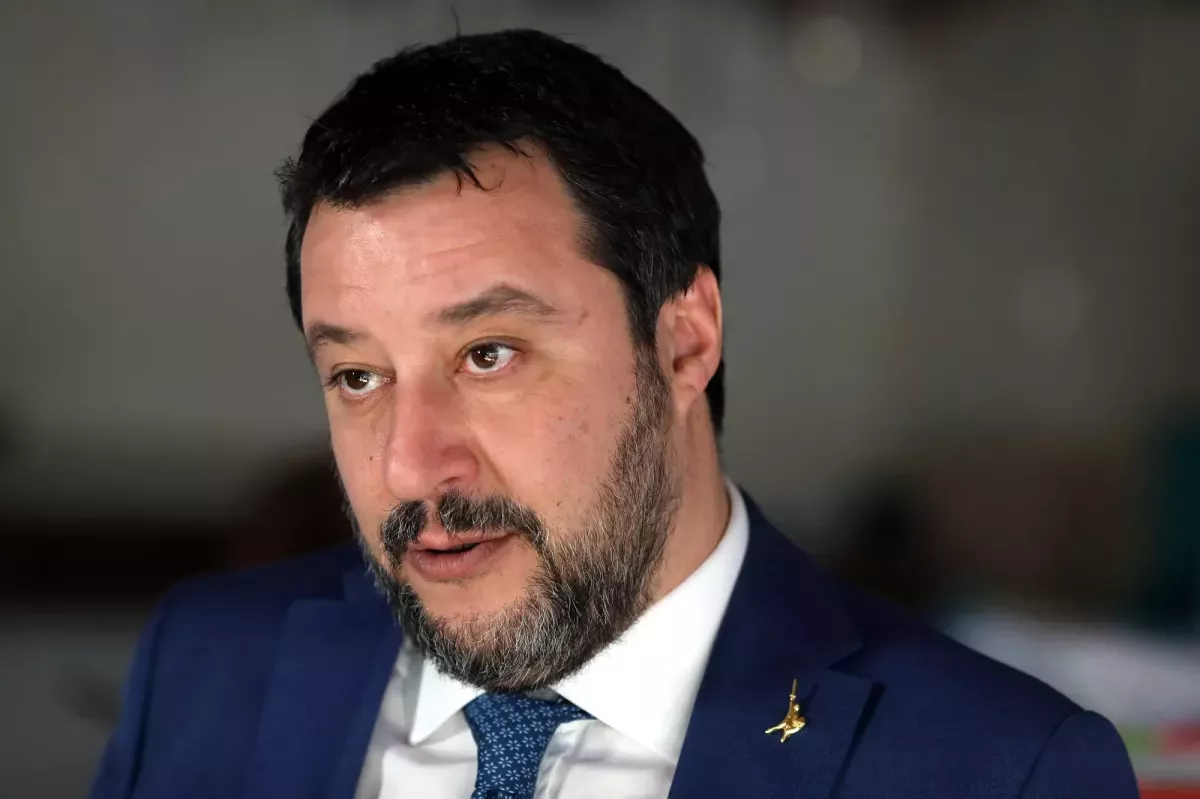
Recently, Italian Deputy Prime Minister Matteo Salvini accused the billionaire of supporting NGOs that facilitate the entry of illegal migrants. Salvini did not mince words: “He wants to turn Italy into a refugee camp because he likes slaves.”
The current U.S. investigation into Soros-backed structures continues Trump’s policy aimed at dismantling toxic institutions built by the Western liberal establishment on the shoulders of the American state—such as USAID and Radio Free Europe—or operating under its cover, like Soros’s foundations.
The logic is clear: these structures have become strongholds of the Democratic Party and its global left-liberal allies. For Trump, purging them of opponents is pointless, since the global image of these organisations is already highly controversial, their functionality outdated, and their role in U.S. relations with many countries increasingly questionable.
The disappearance of such structures would benefit not only international relations—weakening the “Maidan factor”—but also local media, science, and authentic civil society in many countries. These external “benefactors” would cease imposing their agenda, co-opting and corrupting local talent, and stifling the development of genuine intellectual and political initiatives.








